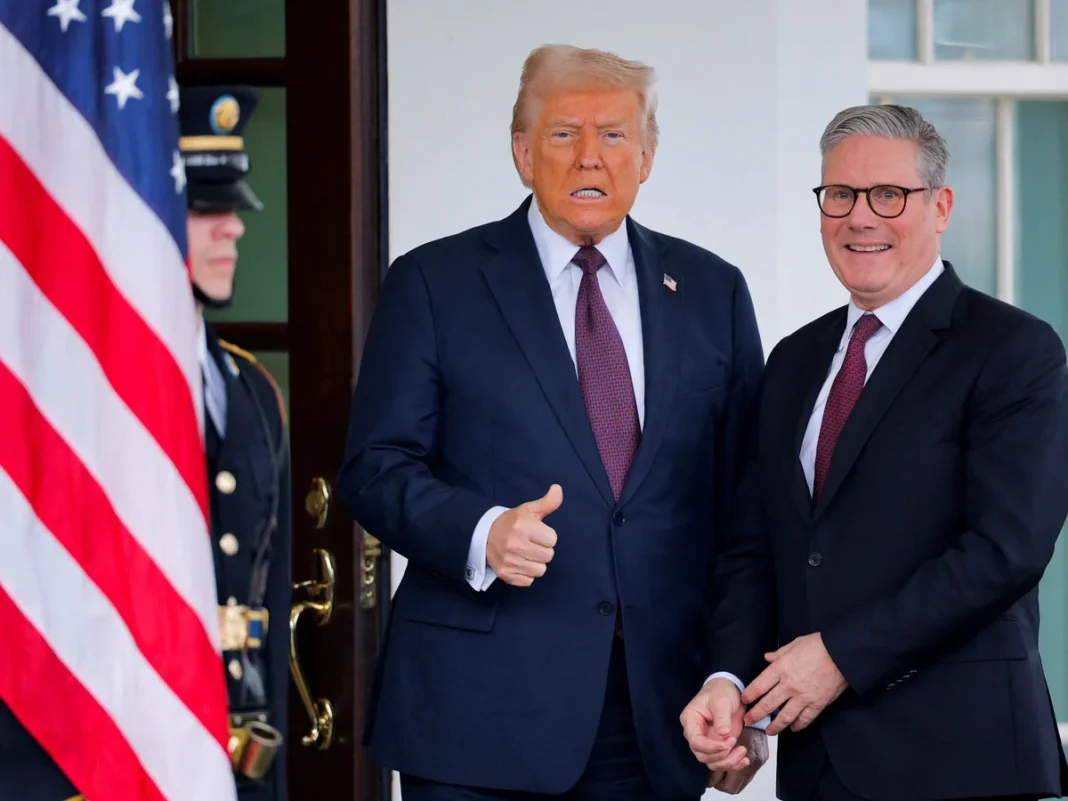The UK-US trade deal has suffered a major setback as the Trump administration downgraded negotiations to a “second-tier priority.” Whitehall insiders reveal that American officials have divided ongoing trade talks into three phases—with Britain excluded from the first tier.
This second-tier priority status is a blow to British ministers, who had hoped to finalize the UK-US trade deal by mid-May. Instead, the United States is focusing its efforts on Asian economies like South Korea, Japan, and India. Treasury Secretary Scott Bessent stated these countries have been “most forthcoming” in negotiations, while Europe and the UK face more demanding conditions.
Despite recent progress in deals with the EU and India, UK officials fear that aligning too closely with Brussels could provoke backlash from Washington. Former President Donald Trump has long criticized EU trade policy, and his negotiators are now pressuring the UK to relax food standards—a controversial point for Labour. A UK proposal to reduce digital taxes on US tech giants in return for tariff cuts on steel and cars has yet to break the deadlock.
The downgrade of the UK-US trade deal reflects growing unpredictability in US trade strategy. One British source described US tactics as “makeshift,” with informal talks continuing despite a lack of formal progress. The White House has set a July 8 target for finalizing trade talks—weeks after Britain’s initial deadline—underscoring the mismatch in priorities.
Meanwhile, discussions with India have stumbled over national insurance contributions for temporary workers, with only one of 26 chapters unresolved. A visit by Prime Minister Starmer to Delhi may be needed to conclude the deal. Talks with the EU, however, appear more fruitful, with Brussels showing flexibility on youth mobility arrangements.
Experts say the UK is facing a diplomatic balancing act. “Aligning with EU agricultural standards effectively blocks access to the US market,” warned Anand Menon of UK in a Changing Europe. With the UK-US trade deal stalled and global partners pulling in different directions, British trade policy remains in limbo.
This delay underlines the challenges of post-Brexit global positioning, where economic and political demands collide. Without a breakthrough soon, the UK-US trade deal may remain indefinitely stuck in second-tier status.
For more political updates, visit London Pulse News.


